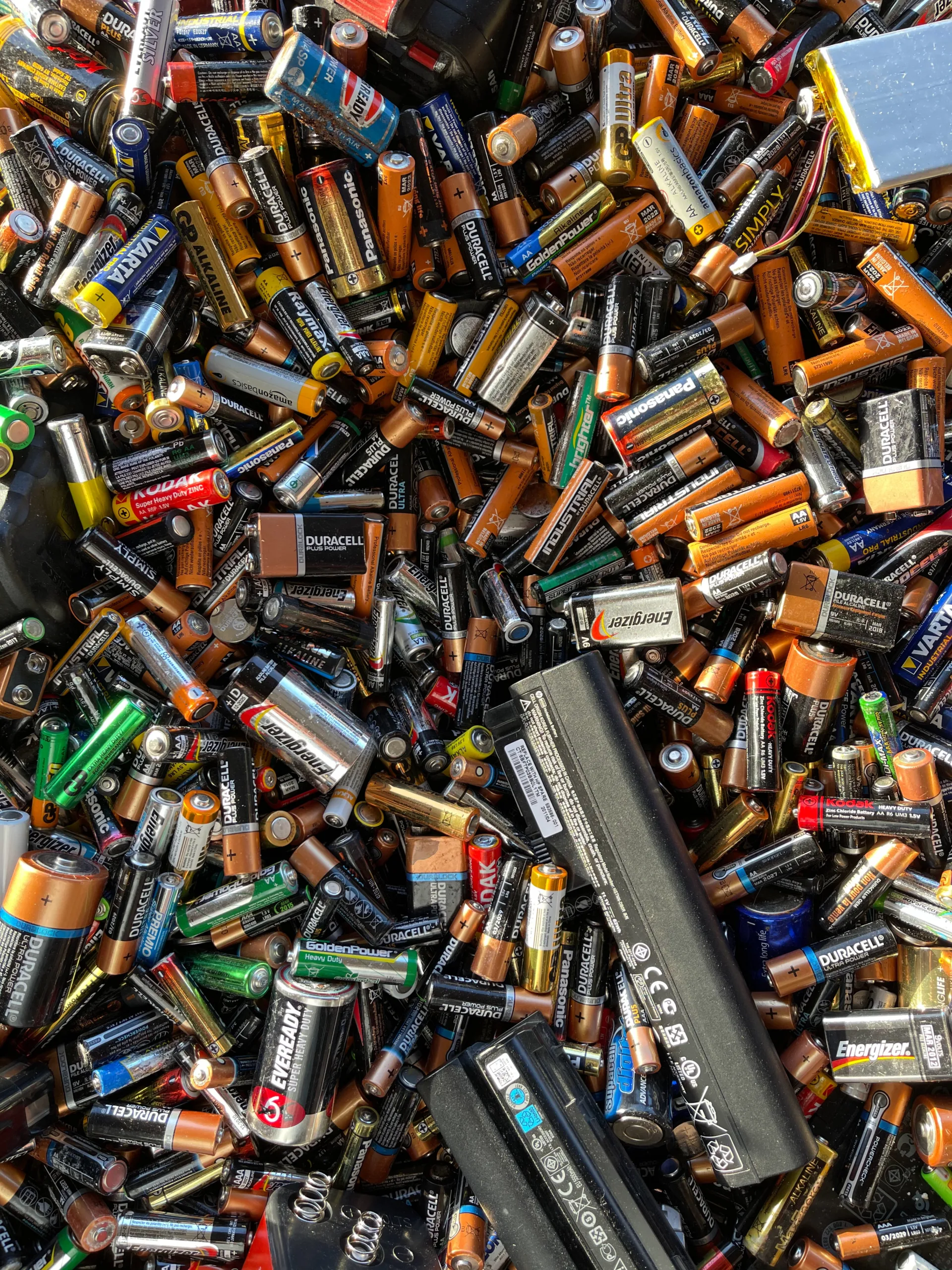Experts say vapes hooked young people nicotine contain plastic batteries.

Single-use vaporizers “harm children and the environment and should be prohibited,” according to others. Experts assert that the gadgets contain plastic and batteries and cause young people to become addicted to nicotine.
Disposable vapes should be prohibited because they are harmful to children’s health and the environment, doctors and organisations urged yesterday.
Environment and health organisations have sent an open letter to Therese Coffey, the secretary of the environment, and Steve Barclay, the secretary of health, warning that single-use e-cigarettes are a “rapidly growing menace.”
The Royal College of Paediatrics and Child Health, the RSPCA, and the Marine Conservation Society are among the signatories.
It is alleged that the inexpensive vapes, which have fruity flavours that appeal to children, are causing children to develop a nicotine addiction.
The letter reads: “Uptake among young people is particularly worrying, with many health professionals warning that they could produce a whole new generation hooked on nicotine, instead of enabling existing smokers to kick the habit.
The increased risk of chronic lung problems is a worry, but the dangers of vaping have not yet been clearly demonstrated.
Disposable vapes, according to the groups, are “unnecessary electrical goods” that are “dangerous to the environment and wildlife when littered” since they contain single-use plastic, nicotine, and batteries.
According to research by Material Focus, over 1.3 million disposable vape devices are thrown away each week, or two every second, filling 22 football fields.
The groups assert that because reusable vapes are readily available, outlawing single-use e-cigarettes will not interfere with government initiatives to create a smoke-free generation by 2030 or public health initiatives to assist smokers in quitting.
“We need to be moving towards durable and recyclable things made responsibly, not inventing new methods to inflict harm to the species and waste valuable resources,” said Libby Peake of the Green Alliance environmental think-tank, which organised the letter.
It comes after US studies discovered that vapers have a higher chance of developing cavities in their teeth.
Additionally, vaping seems to promote tooth decay in places where it doesn’t typically occur, such the bottom margins of front teeth.
An earlier investigation compared e-cigarettes to sweets and acidic beverages and was published in the journal PLOS one.
Ref: https://www.dailymail.co.uk/health/article-11463805/Experts-say-vapes-young-people-hooked-nicotine-contain-plastic-batteries.html
If the problems described in this article are causing you distress, please contact us, and we will try to help you with your situation.


